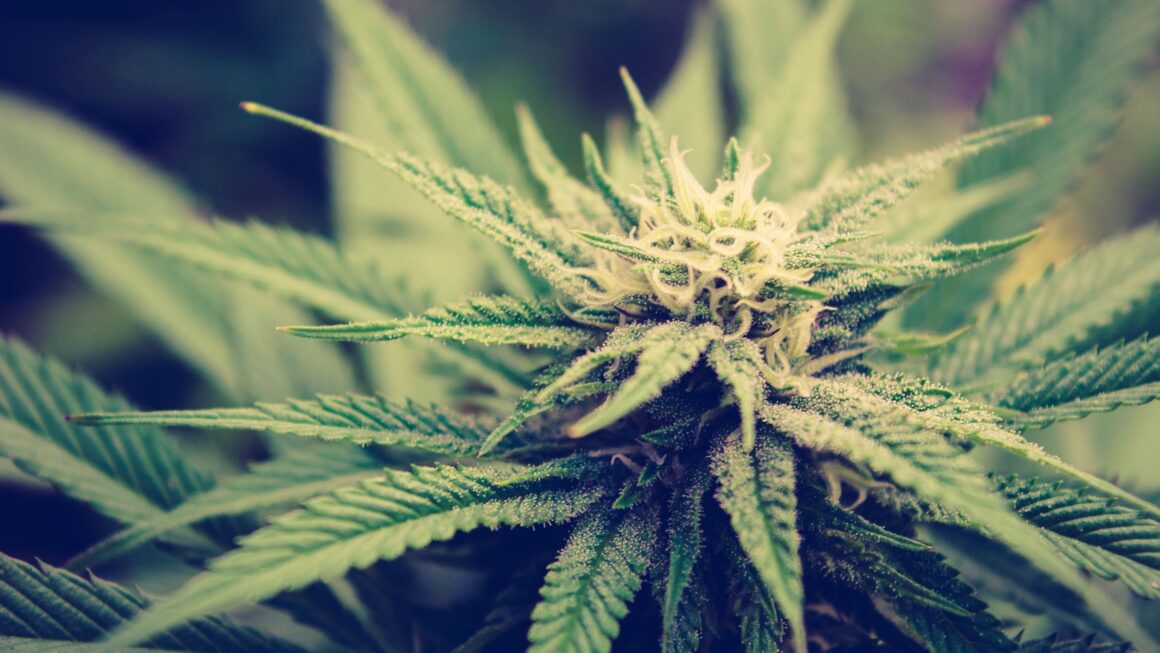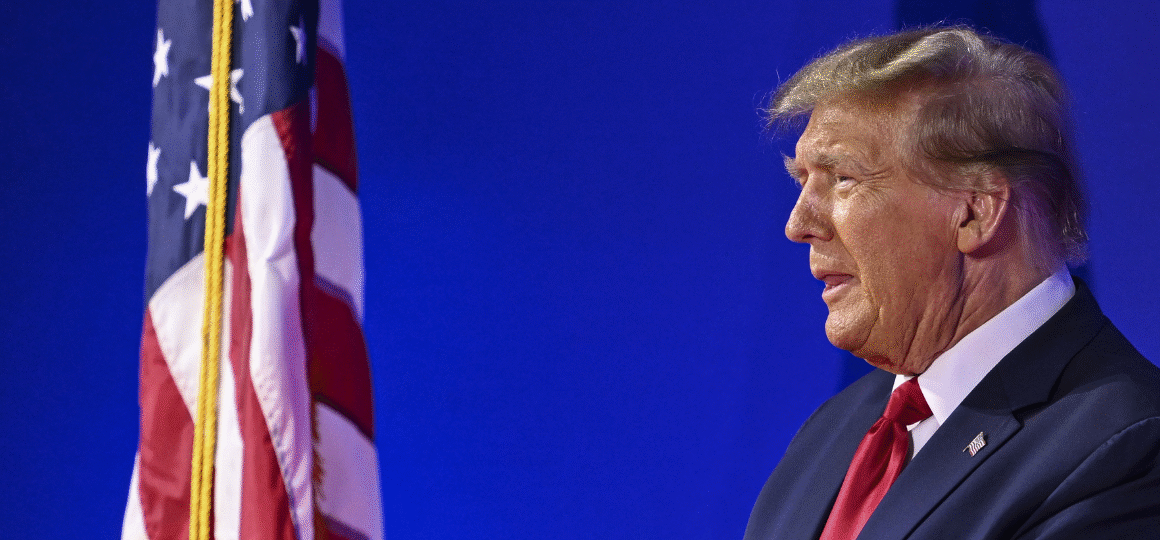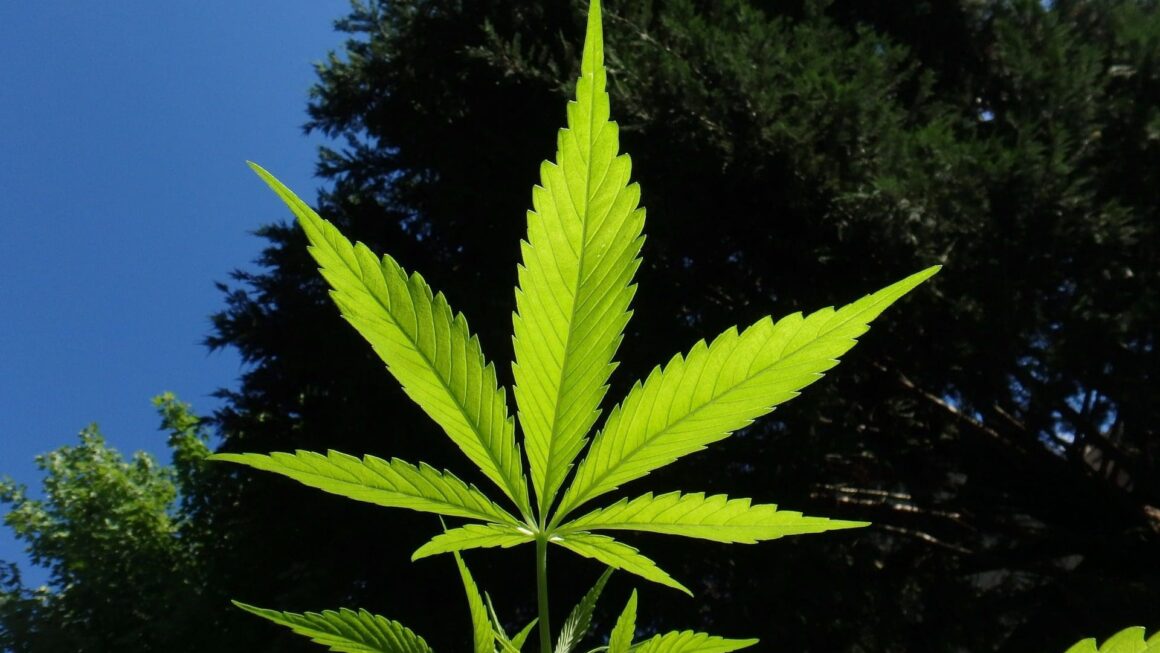A majority of Canadians say the marijuana sector that’s emerged since cannabis was legalized nationwide seven years ago is an “important contributor” to the country’s economy, according to a new poll that also shows that rates of cannabis and nicotine use are now virtually the same.
As Canada grapples with a volatile trade relationships with the U.S., the survey from Abacus Data, which was commissioned by the cannabis company Organigram Global, found that sentiment toward the marijuana economy skews positive.
Canadians seem to recognize the value of the cannabis industry to the country’s overall financial health, with 59 percent describing the sector as an “important contributor” to the economy. That includes 69 percent of recent Liberal voters and 58 percent of recent Conservative voters.
When the research firm and Organigram last asked Canadians that question in April, 57 percent agreed about the importance of the marijuana market relative to the national economy, so this represents a slight increase.
Respondents also voiced support for additional reforms to bolster the market such as expanding regulatory input to include both health and agriculture agencies (47 percent), being more proactive to combat illicit sales (43 percent), lowering taxes or offering tax incentives to marijuana businesses to generate jobs (33 percent) and creating the infrastructure to develop new cannabis product types (31 percent).
“Canadians are ready for the legal cannabis sector to become a pillar of our economic growth strategy,” Beena Goldenberg, CEO of Organigram Global, said. “There’s a clear public mandate for government to modernize how cannabis is treated. Not just as a regulated product, but as a key Canadian industry with room to innovate in areas like beverages, edibles, and wellness.”
The survey also asked respondents to select a preference between two options for the future of marijuana policy: 1) Update the rules to foster the industry’s growth “even if that means cannabis becomes a larger part of Canada’s economy” or 2) maintain current restrictions on the sector limiting its expansion. Fifty-nine percent of Canadians chose the first option.
Another 58 percent said they’d be excited or feel neutrally about the government taking steps to support the cannabis market by “making it easier for the sector to grow and create jobs.”
There were also questions about individual use trends, with the research firm finding that 35 percent of Canadians have used marijuana in the past month, and 32 percent said they consumed cannabis in the past two weeks.
Notably, the survey revealed that past-two week use of marijuana (32 percent) is now approximately the same as past-two week nicotine use (33 percent). That’s consistent with other research that’s signaled more people are opting for cannabis over tobacco as the legalization movement evolves.
“Canadians are connecting the dots between economic resilience and smart domestic policy,” David Coletto, CEO of Abacus Data, said. “At a time of growing global uncertainty and rising protectionism, Canadians are taking a pragmatic view that growing the legal cannabis sector is one of the ways to strengthen Canada’s economy, create high-value jobs, and build greater industrial independence at home.”
The survey involved interviews with 2,000 Canadian adults from June 25-July 3, with a +/-2.19 percentage point margin of error.
Meanwhile, although the implementation of Canada’s cannabis program didn’t come without its hitches, studies and surveys have indicated that it’s been generally successful, achieving many of the goals advocates argued it would such as giving Canadian adults a safer and regulated alternative to the illicit market, without driving youth consumption as prohibitionists claimed it would.
According to a government report released late last year, the vast majority of Canadian consumers now say they obtain cannabis legally, with only 3 percent of respondents reporting purchasing from illicit sources.
Observers have also been watching how broader adult-use legalization impacts medical marijuana in Canada, noting, for example, patient enrollment rates declining after legalization was enacted but before retailers opened for business.
A study earlier this year, meanwhile, found similar marijuana use rates and support for legalization in both the U.S. and Canada despite the countries’ different national approaches to regulating the drug.
Another report out of Canada this year found marijuana legalization was “associated with a decline in beer sales,” suggesting a substitution effect where consumers shift from one product to the other.






